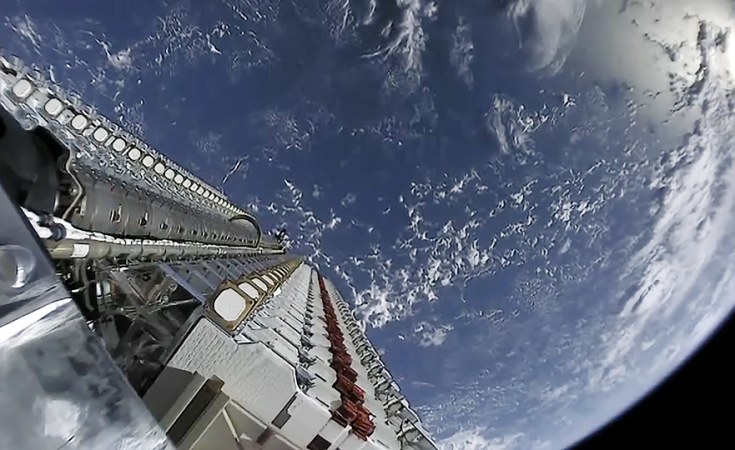Mali's military government has lifted its seven-month ban on Starlink satellite Internet kits, allowing citizens to reconnect for six months while it works on a new regulatory framework. In Liberia, the Telecommunications Authority (LTA) has signed a one-year licensing agreement with the SpaceX-owned satellite internet to expand high-speed Internet access, particularly in underserved regions.
The ban, introduced in March 2024, was aimed at preventing armed groups from using the service for communication. While security concerns remain, the return of Starlink is critical for providing Internet access to remote areas in a country struggling with political instability.
Starlink's official service is set to launch in Liberia in November, aiming to boost Internet coverage from 60% to nearly 100%, a significant improvement in a country with only 30.1% Internet penetration at the start of 2024.
Key Takeaways
Mali's cautious reintroduction of Starlink highlights the delicate balance between security concerns and the need for connectivity in conflict zones. In contrast, Liberia's proactive embrace of Starlink reflects its ambition to achieve universal Internet access, particularly in rural areas. Both cases underscore the transformative potential of satellite technology in addressing Africa's digital divide while navigating complex political and security landscapes.


